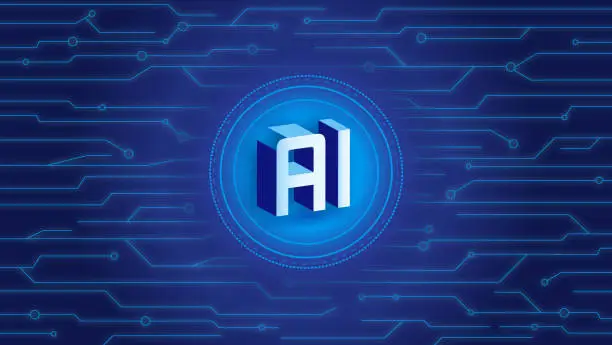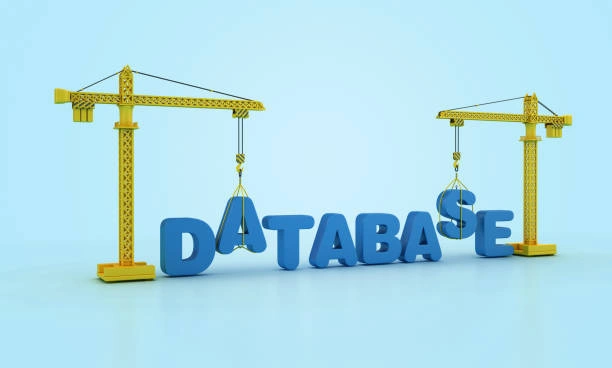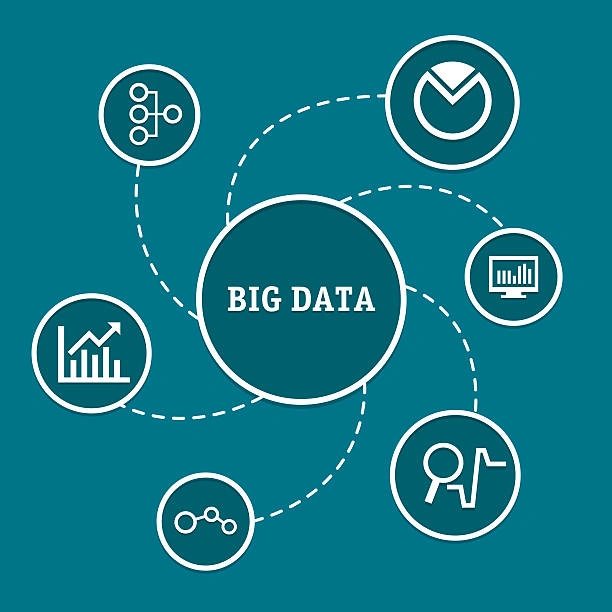Course Description:
Data science is a field that has exploded in popularity in recent years, and for good reason. Companies across industries are increasingly relying on data to inform their decision-making, and skilled data scientists are in high demand. In this comprehensive course, you'll learn the foundational skills and techniques you need to succeed in this exciting field.
You'll start by exploring the role of a data scientist and the lifecycle of data science efforts within an organization. Then, you'll dive into the technical skills you need, such as using Python and its relevant libraries for data analysis and visualization, preprocessing unstructured data, and building AI/ML models.
You'll also explore key machine learning algorithms, including linear regression, decision tree classifiers, and clustering algorithms. And, you'll learn how to apply these techniques to real-world problems, such as predicting customer churn and building recommendation engines.
Throughout the data science training, you'll have the opportunity to work on hands-on exercises and projects, allowing you to practice your skills and build your portfolio. By the end of the course, you'll have a deep understanding of the data science process, the tools and techniques used by data scientists, and the ability to apply these skills to real-world problems.
Duration
5 Days
Course Level: IntermediateCourse Objectives
In this course, you will:
- Differentiate between Predictive AI and Generative AI.
- Translate everyday business questions and problems into Machine Learning tasks to make data-driven decisions.
- Use Python Pandas, Matplotlib & Seaborn libraries to explore, analyze, and visualize data from various sources, including the web, word documents, email, NoSQL stores, databases, and data warehouses.
- Train a Machine Learning Classifier using different algorithmic techniques from the Scikit-Learn library, such as Decision Trees, Logistic Regression, and Neural Networks.
- Re-segment your customer market using K-Means and Hierarchical algorithms to better align products and services to customer needs.
- Discover hidden customer behaviors from Association Rules and build a Recommendation Engine based on behavioral patterns.
- Investigate relationships & flows between people and business-relevant entities using Social Network Analysis.
- Build predictive models of revenue and other numeric variables using Linear Regression.
- Leverage continued support with after-course one-on-one instructor coaching and computing sandbox.
Course Overview
Module 1: The Role of a Data Scientist: Combining Technical and Non-Technical Skills
- What is the required skillset of a Data Scientist?
- Combining the technical and non-technical roles of a Data Scientist
- The difference between a Data Scientist and a Data Engineer
- Exploring the entire lifecycle of Data Science efforts within the organization
- Turning business questions into Machine Learning (ML) and Artificial Intelligence (AI) models
- Exploring diverse and wide-ranging data sources that you can use to answer business questions
- Examine the difference between Generative AI and Discriminative AI
Module 2: Data Manipulation and Visualization using Python's Pandas and Matplotlib Libraries
- Introducing the features of Python that are relevant to Data Scientists and Data Engineers
- Viewing Data Sets using Python’s Pandas library
- Importing, exporting, and working with all forms of data, from Relational Databases to Google Images
- Using Python Selecting, Filtering, Combining, Grouping, and Applying Functions from Python's Pandas library
- Dealing with Duplicates, Missing Values, Rescaling, Standardizing, and Normalizing Data
- Visualizing data for both exploration and communication with the Pandas, Matplotlib, and Seaborn Python libraries
Module 3: Preprocessing and Analyzing Unstructured Data with Natural Language Processing
- Preprocessing Unstructured Data such as web adverts, emails, and blog posts for AI/ML models
- Exploring the most popular approaches to Natural Language Processing (NLP), such as stemming and "stop" words
- Preparing a term-document matrix (TDM) of unstructured documents for analysis
- Look at how Data Scientists can integrate Large Language Models (LLMs) in their work
Module 4: Big Data Analytics, Communication, and Ethics
- Examining Cloud (Microsoft, Amazon, Google) approaches to handling Big Data analytics
- Exploring the communications and ethics aspects of being a Data Scientist
- Discuss the ethical implications of recent developments in AI
- Surveying the paths of continual learning for a Data Scientist
Module 5: Alternative Approaches to Classification and Model Evaluation
- Examining alternative approaches to classification
- Considering how Activation Functions are integral to Logistic Regression Classifiers
- Investigating how Neural Networks and Deep Learning are used to build self-driving cars
- Exploring the probability foundations of Naive Bayes classifiers
- Reviewing different approaches to measuring the performance of AI/ML Classification Models
- Reviewing ROC curves, AUC measures, Precision, Recall, and Confusion Matrices
Module 6: Clustering Techniques for Customer and Product Segmentation
- Uncovering new ways of segmenting your customers, products, or services using clustering algorithms
- Exploring what the concept of similarity means to humans and how you can implement it programmatically through distance measures on descriptive variables
- Performing top-down clustering with Python’s Scikit-Learn K-Means algorithm
- Performing bottom-up clustering with Scikit-Learn’s hierarchical clustering algorithm
- Examining clustering techniques on unstructured data (e.g., Tweets, Emails, Documents, etc.)
Customized Training
This training can be tailored to your institution needs and delivered at a location of your choice upon request.
Requirements
Participants need to be proficient in English.
Training Fee
The fee covers tuition, training materials, refreshments, lunch, and study visits. Participants are responsible for their own travel, visa, insurance, and personal expenses.
Certification
A certificate from Ideal Sense & Workplace Solutions is awarded upon successful completion.
Accommodation
Accommodation can be arranged upon request. Contact via email for reservations.
Payment
Payment should be made before the training starts, with proof of payment sent to outreach@idealsense.org.
For further inquiries, please contact us on details below:






